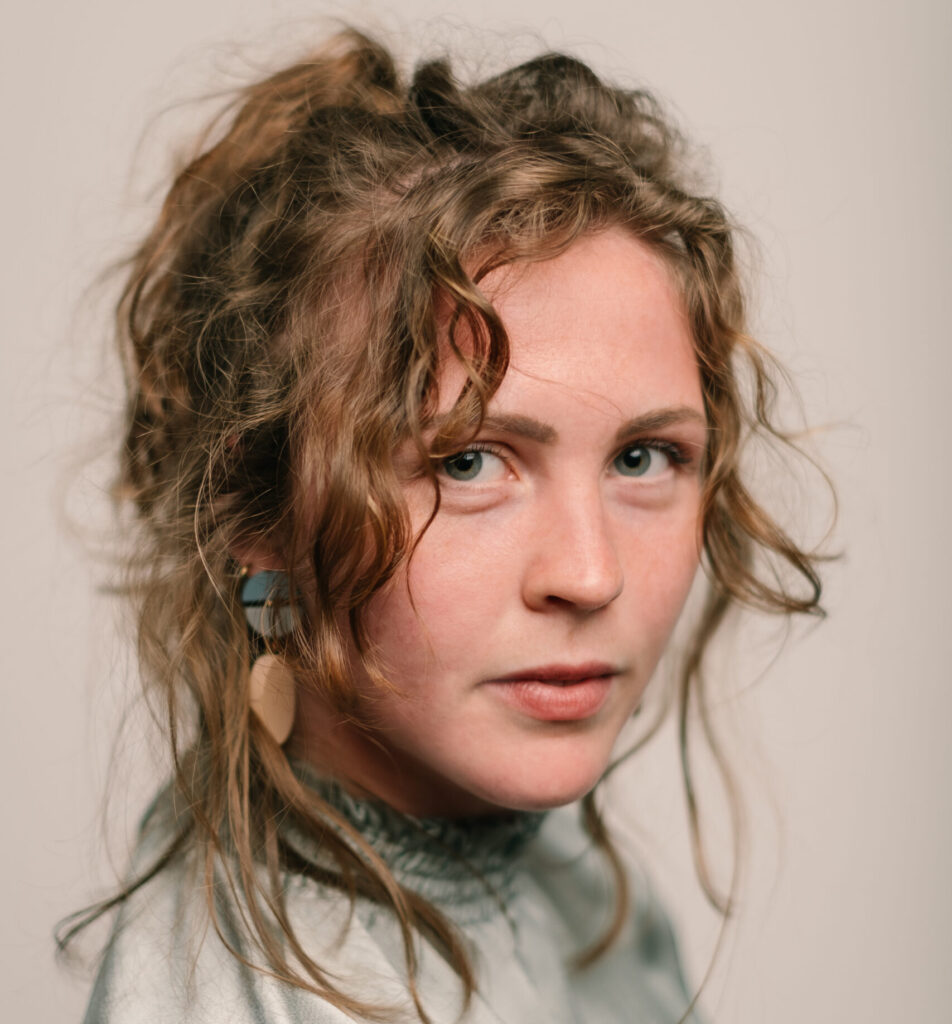About me
Elsbeth Hoefkens graduated as a theatre educator (ArtEZ University of the Arts, Arnhem) and dramaturg (Master’s in Contemporary Theatre, Dance and Dramaturgy, Utrecht University). She currently works as a freelance theatre maker and dramaturg, teaching and creating in various settings.
She has experience as a teacher, dramaturg, researcher and creator with organisations such as the Delft Fringe Festival, Festival de Oversteek, Hofplein Theater, Oostpool, ITA, and Theater na de Dam.
For her, theatre is a space of connection and friction, where critical reflection and wonder come together. Her work is always rooted in playful exploration, driven by curiosity. She delves into questions and themes with her performers through play and philosophical inquiry on the stage, often drawing inspiration from visual sources and rituals. Her aim is to both challenge and inspire her audience, inviting them into a postdramatic theatre world full of absurd, humorous, and disruptive elements.
Her work is deeply fascinated by human perception and contemporary technologies, such as AI, deepfakes, algorithms, and robotics. Both artistically and academically, she examines how our perception can be influenced, manipulated, and revealed, and how new technologies shape our understanding and society.
Her bachelor’s thesis focused on the influence of algorithms on social media and the ways in which they impact the human brain. She continued this research in her pre-master’s, where she analysed the performance #2 BIAS (2021) by the theatre collective playField. In this research, she explored how algorithms, due to the subjective nature of data, produce perceptual bias in their predictions and thus can cause exclusion based on prejudice. Her master’s research lay at the intersection of performance and robotics, examining how dramaturgical insights from a performance might be relevant to the field of robotics. She investigated how our embodied perception of robots is formed. By comparing the robots from the performance Simple Machines (Ugo Dehaes, 2019) with a social robot like Pepper, she sought new ways to understand how empathy is generated in interactions between humans and robots.
